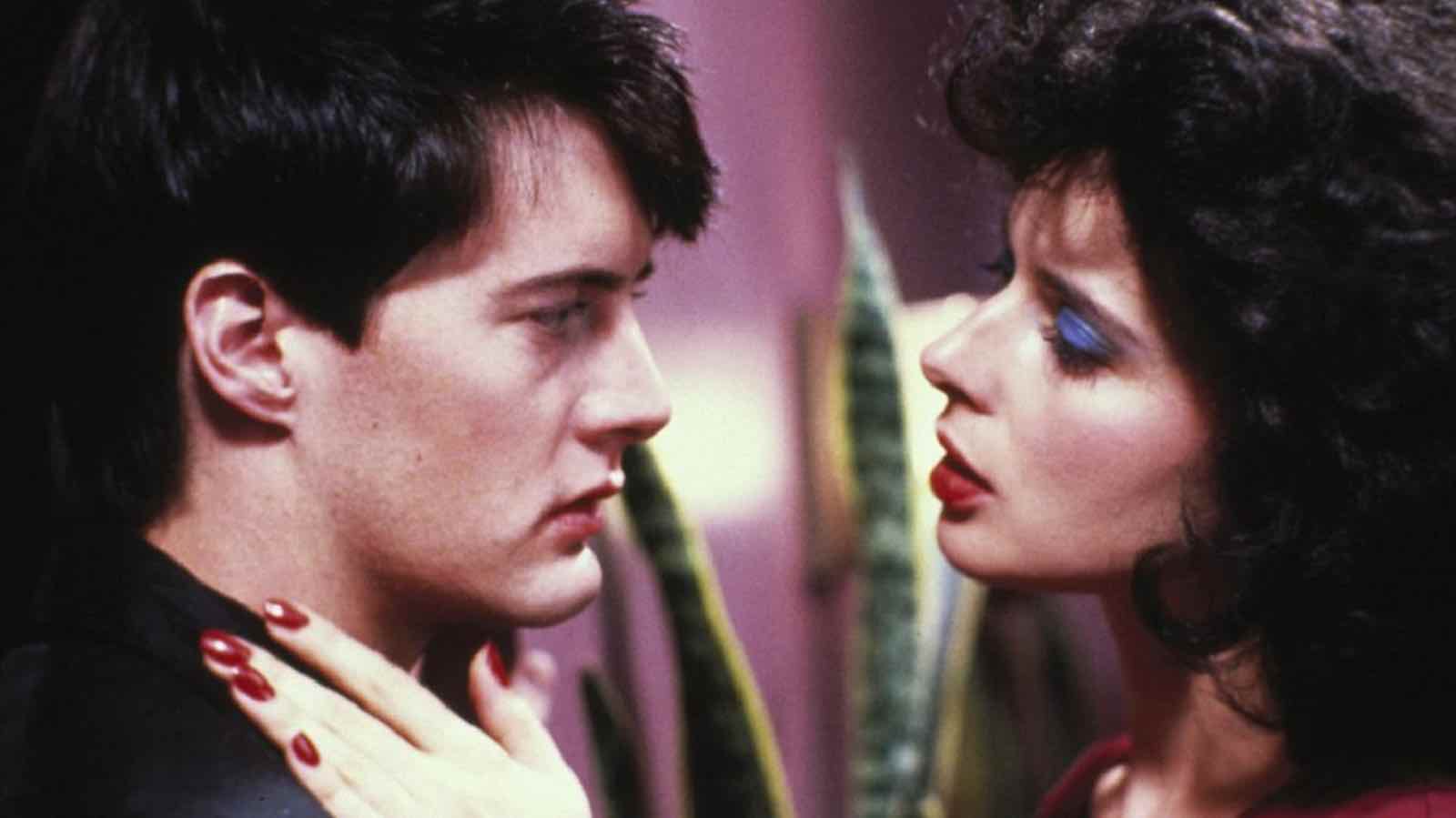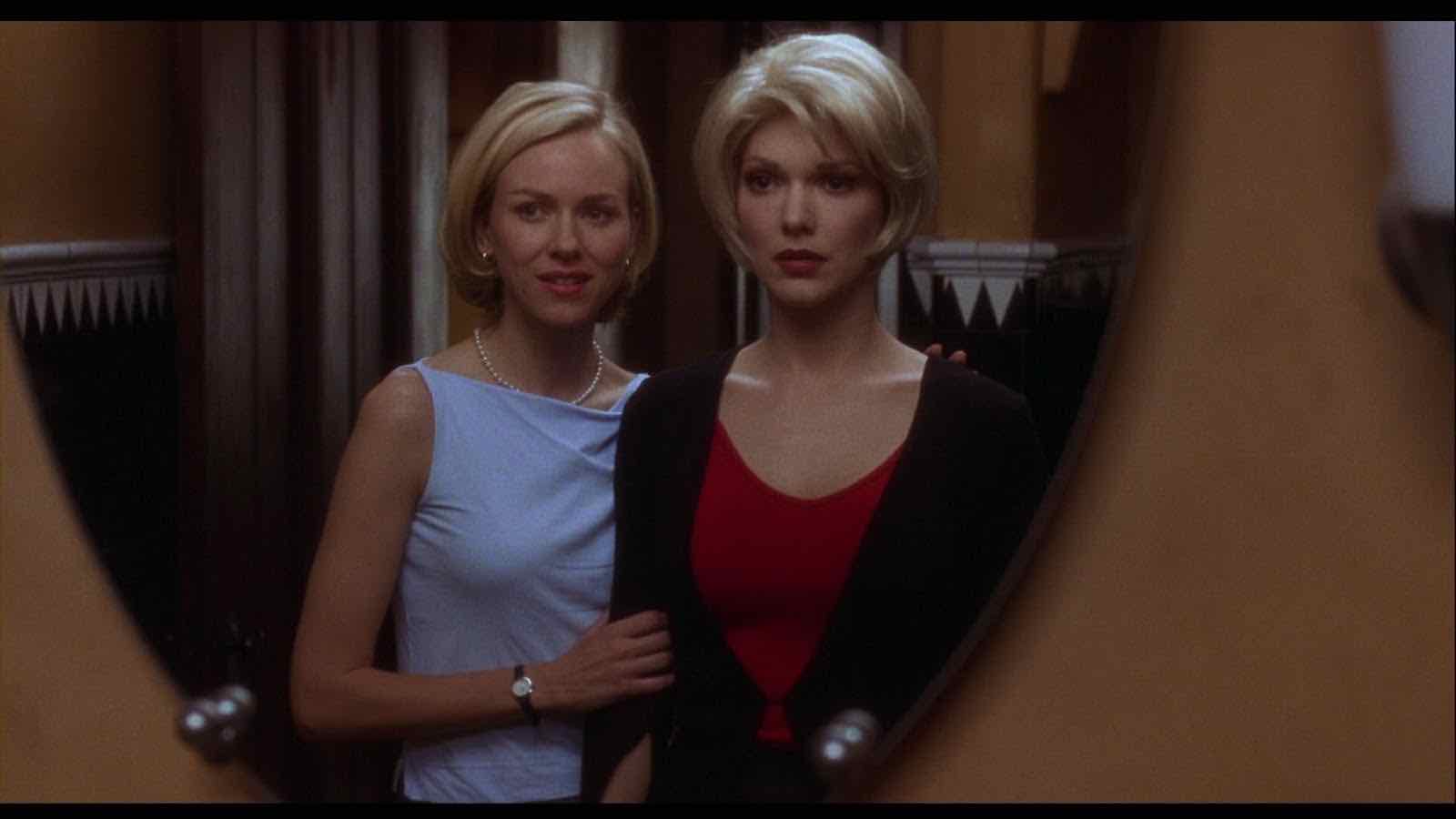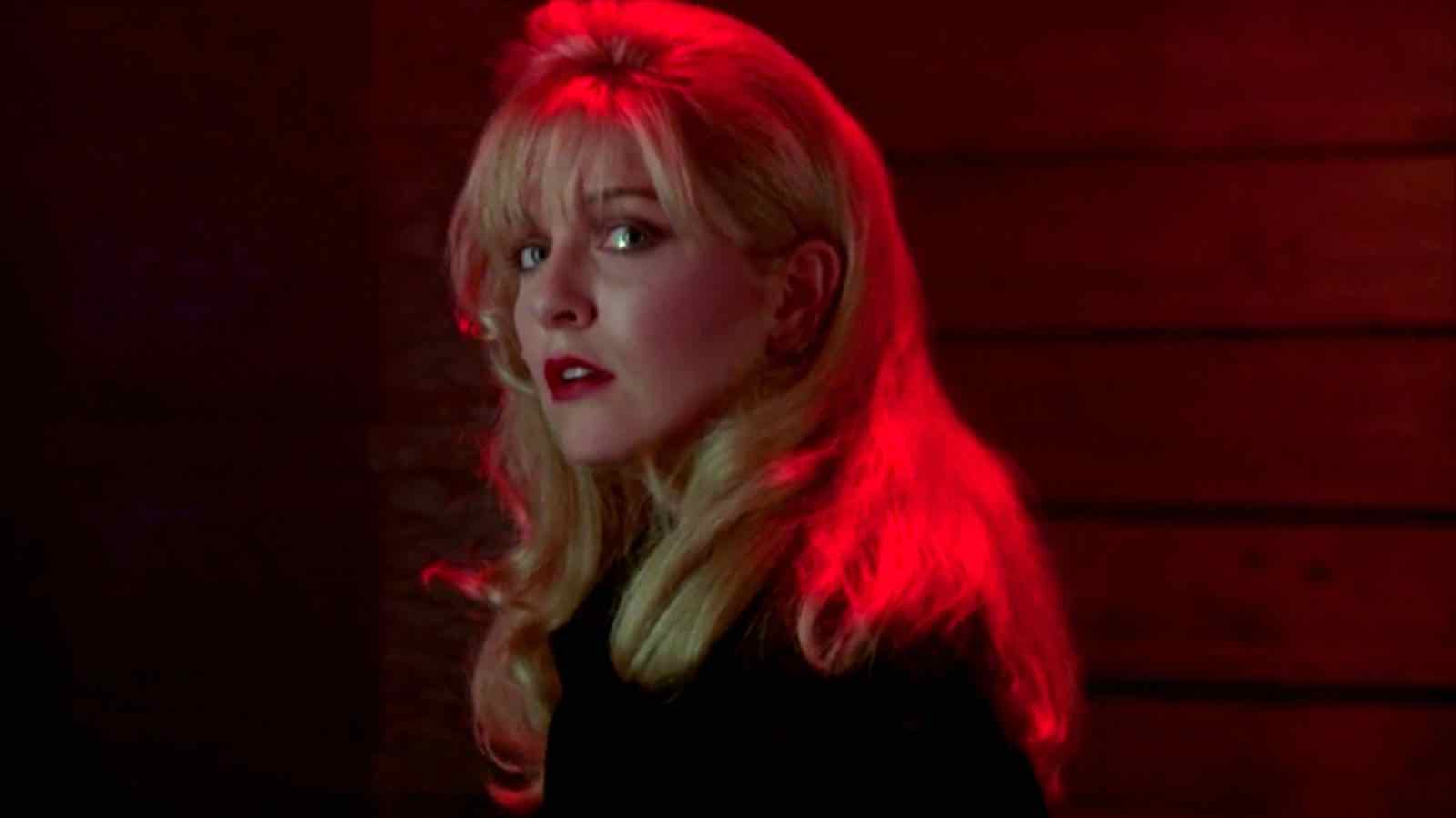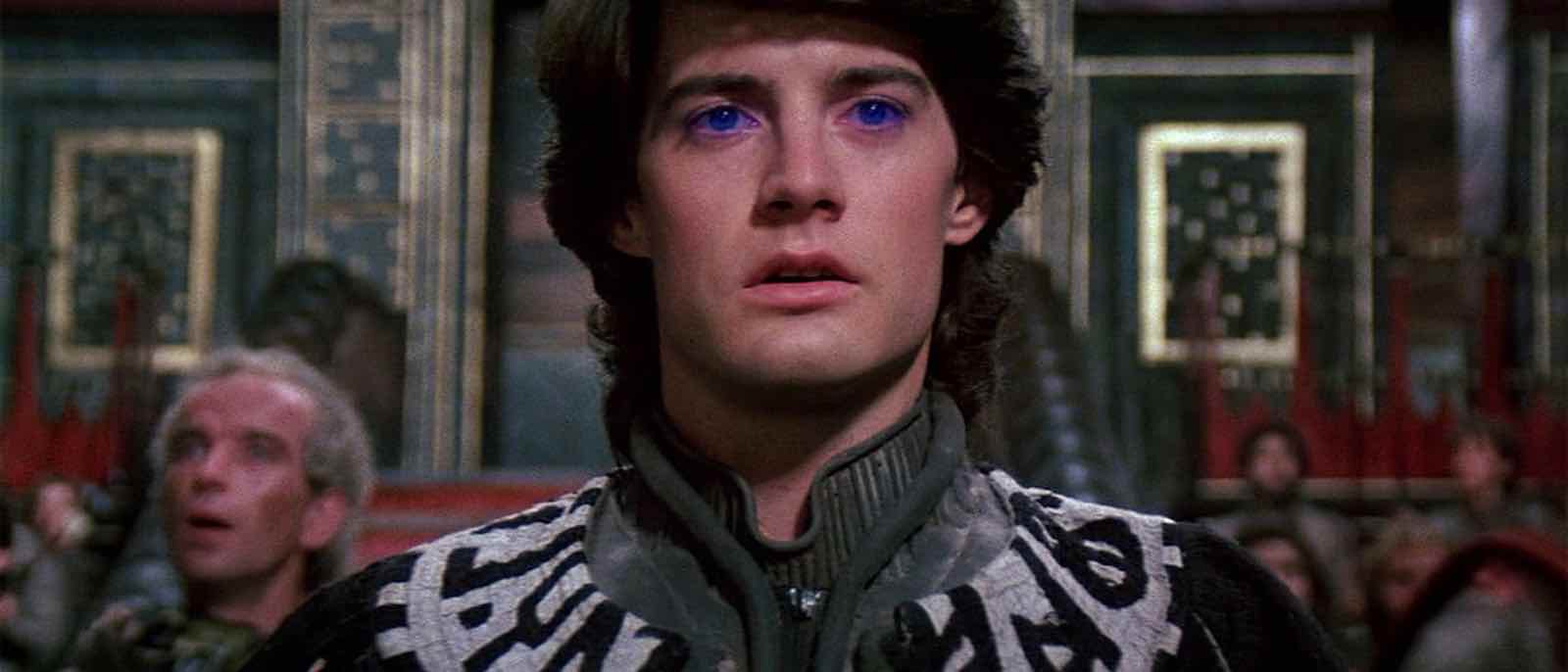
Film Daily’s picks for the best David Lynch movies to obsess over
Back in January of this year, Netflix dropped David Lynch’s 2017 short film What Did Jack Do?—which expounds upon literally nothing it presents to the viewer, yet is strikingly on par with Lynch’s dogma.
To fans who’ve been engrossed in the Lynchdom for a while now may view a talking and emotionally tormented monkey who’s accused of homicide as just a product of Lynch’s wildly oracular dream logic, but to a newer audience, the visual/auditory information can read as nothing short of baffling.

The oddball nature of Lynch’s filmmaking is reminiscent of a balmy morning in small-town America: white picket fences, roses in full bloom, a severed human ear found in a dew-coated field . . . Yep. Get ready kids, because we’re diving right into a list of David Lynch’s most psychologically confounding movies to obsess over.
The following list is in no particular order, beyond being a ranking of the weird to the even weirder.

Blue Velvet (1986)
Starring Kyle MacLachlan, Isabella Rossellini, Dennis Hopper, and Laura Dern, Blue Velvet is 120 minutes of pure neo-noir energy closer to a nightmare than a film. The world of Blue Velvet is at once familiar and strange—one where the American Dream is stripped of its falsity, leaving behind a hideous reality in its wake.
Blue Velvet is saturated with the evocation of raw dread right with its opening shots, while Lynch’s expressive use of sound constantly shifts the atmosphere into a perfectly crafted hellscape. The paucity of exposition given only adds to the surrealistic experience—in fact, that’s the crux of the film itself—the feeling of it.

Mulholland Drive (2001)
Naomi Watts, Laura Harring, and Justin Theroux stun in Lynch’s hallucinatory (and undoubtedly challenging) Mulholland Drive. The psychosis of the film has left audiences dissecting characters and motifs since its release, all the while stretching our expectations of what cinema can achieve.

Twin Peaks: Fire Walk with Me (1992)
Following the events preceding Twin Peaks, Twin Peaks: Fire Walk with Me is a visceral take on the offbeat tone of the original series. The film format gave Lynch room to explore darker themes that weren’t as accessible for television, while continuing to expand the lore of the series.
Having received a negative reception upon release, Fire Walk with Me has since gained a cult following and remains to be a major contributor to Lynch’s body of work.

Eraserhead (1977)
David Lynch’s debut feature-length film Eraserhead defies the expectations of its viewers through enigmatic imagery and a haunting performance from Jack Nance. The experimental nature of Eraserhead is akin to Lynch’s idiosyncratic worldview, which subsequently launched him into the cult film scene.
The stark industrial landscape of Eraserhead and its intricate sound design have earned it the title of being aesthetically and culturally significant, while remaining deeply personal and raw in its tonality.

Dune (1984)
Though too ambitious in its execution and met with derision upon release, David Lynch’s film adaptation of Frank Herbert’s 1965 sci-fi novel Dune is an example of a critical misunderstanding. Herbert’s novel of the same name is a massive undertaking in itself—its epic saga style of storytelling is vast and immersive and difficult to translate into a visual format.
But with Denis Villeneuve’s remake of Dune set to release at the end of 2020, Lynch’s undertaking is worth the cringe.

The Elephant Man (1980)
Starring Anthony Hopkins, John Hurt, and Anne Bancroft, The Elephant Man is a study of the human condition. Based on the infamous Joseph Merrick who became known as the Elephant Man due to his severe deformities, the film explores the themes of societal acceptance, humanity, and hypnotic compassion.







